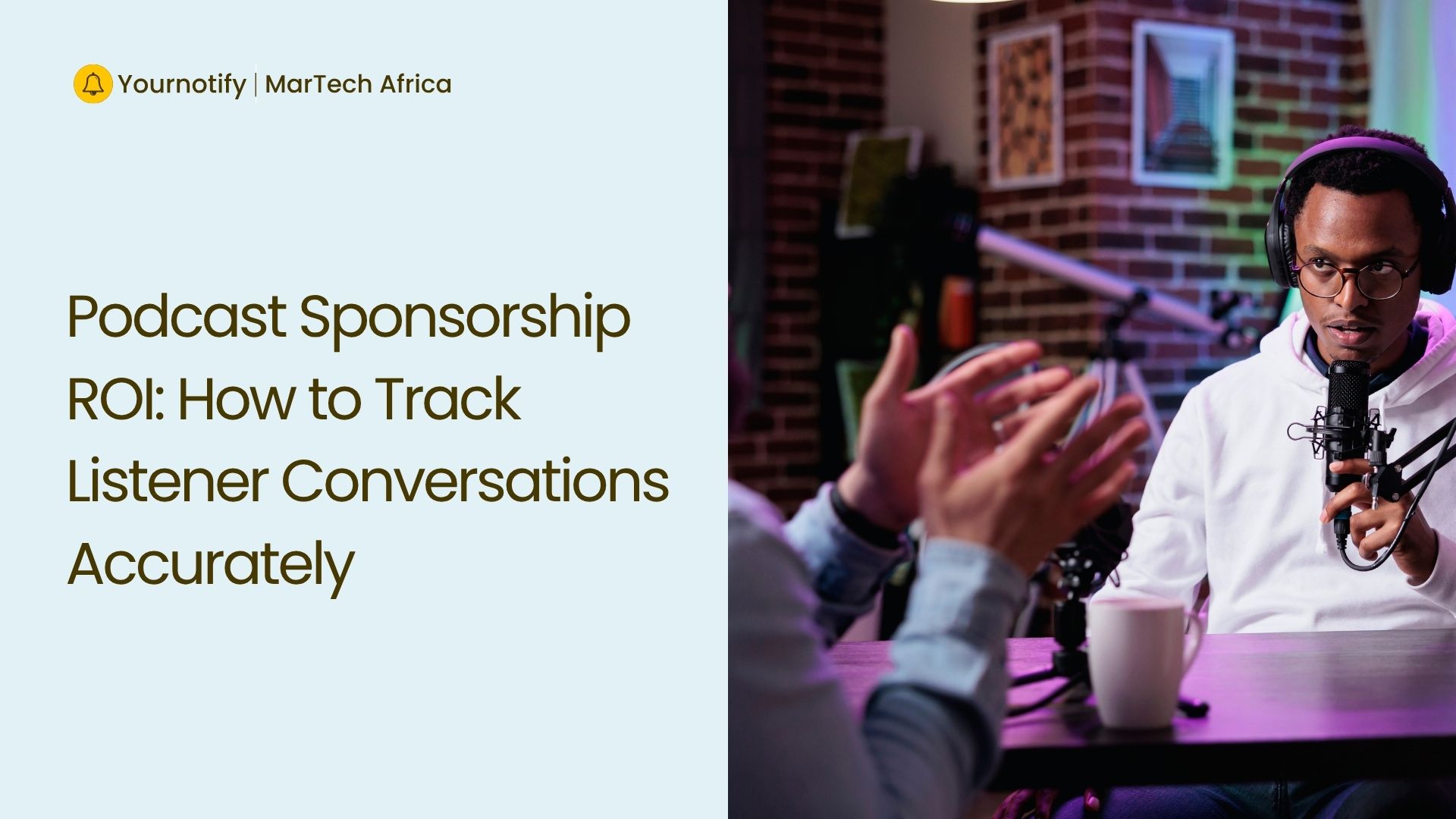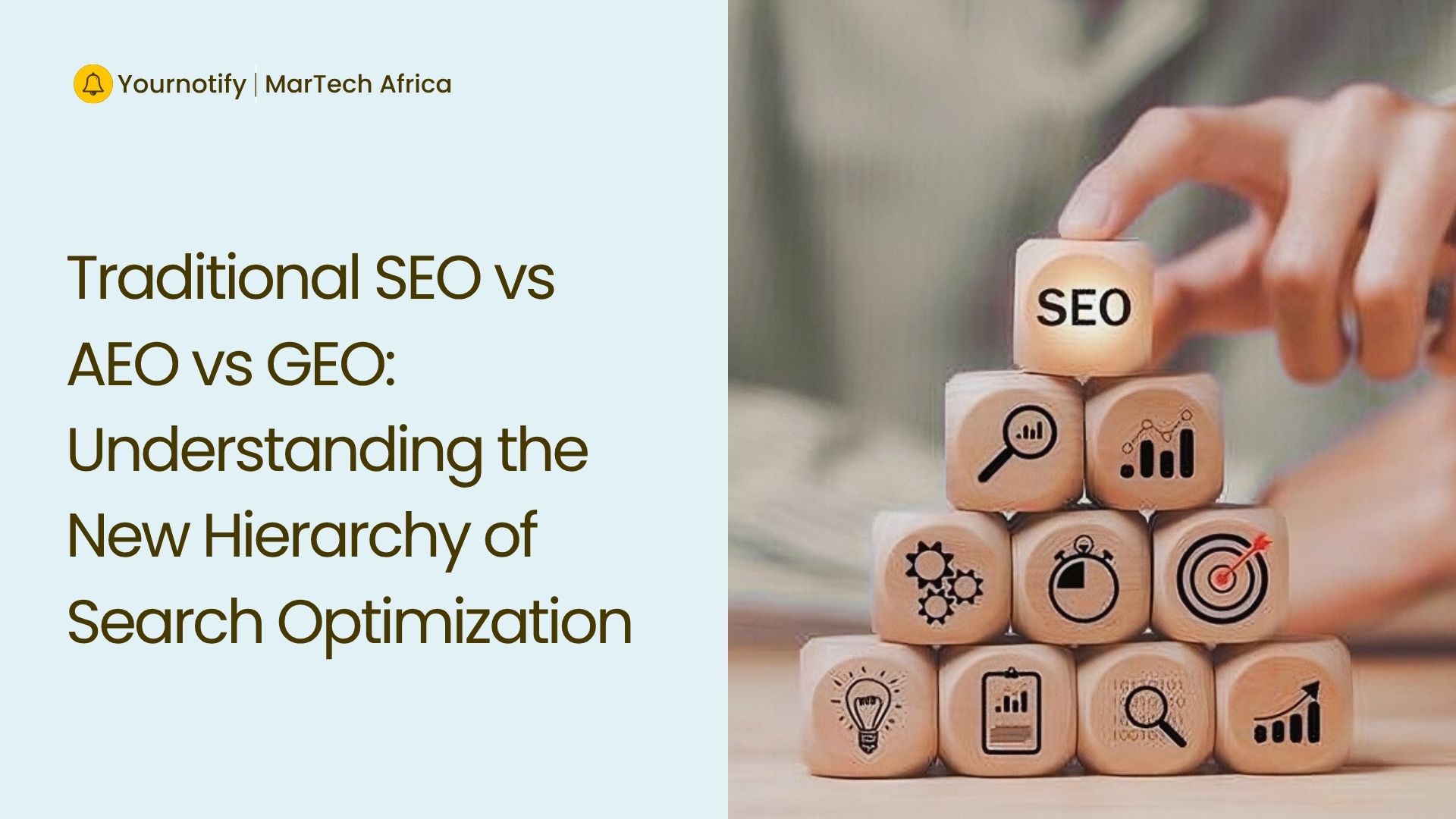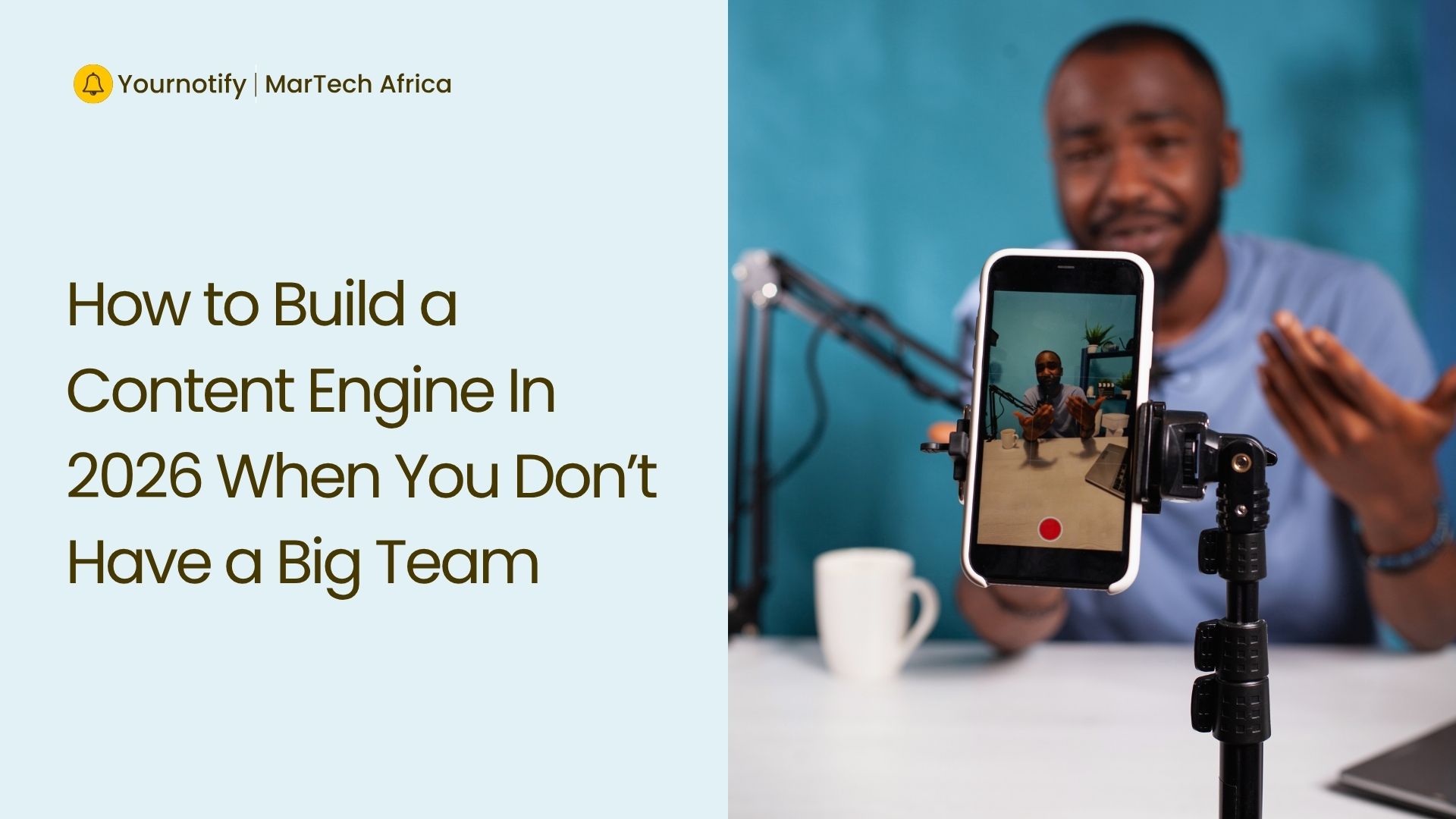Scroll through your phone today and you’ll see dozens of fintechs promising seamless transfers, skincare…

Podcast Sponsorship ROI: How to Track Listener Conversations Accurately
In Africa’s rapidly evolving marketing landscape, podcasts are fast becoming one of the most intimate and effective channels to reach niche audiences. Business leaders across Africa are setting up podcasts to provide their brands a chance to engage deeply with listeners who trust the voices they tune in to every week.
But with that opportunity comes a persistent challenge: how can marketers accurately track the ROI of podcast sponsorships and prove that their investments translate into real engagement?
Unlike traditional advertising, where impressions, clicks, and conversions are easily measured, podcasts operate in a conversational environment that feels personal yet elusive to quantify. Still, as podcast audiences across Africa continue to grow, finding ways to track and interpret listener engagement has become essential.
Why Podcast Sponsorships Matter More Than Ever
Globally, podcast advertising has matured into a multibillion-dollar industry. According to Acast’s 2023 ROI Study, brands are earning an average of $4 to $6 in return for every $1 spent on podcast ads. That figure speaks volumes about both the influence of podcast audiences and the trust they place in hosts.
Podcast listeners are a different breed of consumers. Studies show that 48–65% of them have purchased a product or service after hearing it advertised on a show. This level of intent is particularly valuable in African markets, where attention is fragmented across multiple digital platforms and consumer trust often determines buying decisions.
Beyond purchase behavior, the medium itself offers a longevity few formats can match. A podcast episode remains accessible long after its release, continuing to generate impressions, conversations, and leads. For African startups and SMEs, especially those in tech, fintech, and creative industries, this makes podcast sponsorships a cost-effective and evergreen marketing investment.
The Challenge of Measuring ROI
For all its intimacy and influence, podcast advertising still presents one major hurdle: measurement. In the State of Podcast Agencies 2023 Report, nearly 26% of agencies cited ROI tracking as one of the biggest challenges in podcast campaigns.
Unlike web ads, podcasts don’t offer instant click-through data or view counts. Instead, they thrive on storytelling and host credibility, both of which make the medium powerful, but also harder to quantify.
That said, a data-driven approach can bridge the gap between listener emotion and marketing performance.
Here are proven strategies marketers in Africa can use to measure podcast sponsorship ROI effectively.
1. Unique Promo Codes
One of the simplest and most effective methods is assigning unique promo codes to each podcast partnership. For example, a fintech brand in Lagos might offer listeners a discount using the code AFRICA20. Every use of that code directly ties a conversion to the podcast sponsorship.
It’s a tangible way to gauge how many listeners took action after hearing your brand mentioned, while also giving audiences a small reward for engagement.
2. Dedicated Landing Pages
A custom landing page designed specifically for podcast listeners can tell you a lot about campaign performance. Using tools like Google Analytics or Matomo, brands can track page visits, session duration, and conversions.
For instance, a startup could direct listeners to brand.co/podcast-lagos and monitor how traffic behaves compared to other channels. Landing pages not only isolate podcast-driven traffic but also provide space to craft messaging that feels personal and relevant to that audience segment.
3. UTM Parameters
UTM tracking is another reliable tactic. By embedding UTM codes in links included in show notes or shared across podcast platforms, marketers can monitor exactly where traffic originates from and which episodes drive the most clicks.
This granular view helps marketers refine future sponsorships, choosing the podcasts or topics that deliver the strongest engagement.
4. Listener Surveys
Podcasts are personal, and measuring their influence sometimes requires asking directly. Conducting short listener surveys can reveal valuable insights about brand recall and sentiment. Questions like “Where did you first hear about us?” or “Have you used the podcast promo code?” can illuminate how well your message resonated.
Offering small incentives, such as discounts or giveaway entries, often boosts participation rates and yields richer feedback.
5. Affiliate Partnerships
Affiliate tracking transforms sponsorships into performance-based deals. Instead of paying a flat rate, brands compensate podcasters for measurable outcomes, clicks, sign-ups, or purchases.
This model reduces marketing risk and incentivizes both sides to drive meaningful results. For African creators, this approach can make sponsorships more accessible and sustainable, especially for independent podcasts gaining traction among regional audiences.
Strategies for African Marketers
To make podcast sponsorships truly work, African marketers must go beyond standard metrics and build integrated tracking ecosystems.
Start by aligning sponsorships with podcasts that reflect your brand’s values and target demographic. A mobile payments brand should naturally gravitate toward fintech or entrepreneurship shows, while a fashion startup might find value in lifestyle or creative industry podcasts.
Combining tracking methods, such as pairing promo codes with UTM parameters and landing page data, creates a more holistic picture of performance.
Also, monitor post-episode conversations on social media. Even though podcast listening happens in a closed environment, audience reactions often spill over to X (Twitter), LinkedIn, or TikTok. Tools like Brand24 and Talkwalker can help track mentions, though brands may need to manually filter for local context and languages.
Finally, remember that podcast ROI extends beyond immediate sales. Metrics like repeat app usage, newsletter subscriptions, and brand recall over time can indicate longer-term influence that’s just as valuable as short-term conversions.
Related Content


